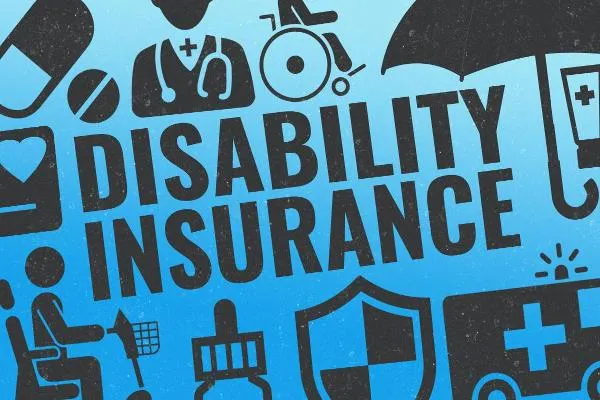
Disability insurance for veterinarians offers financial protection if they are unable to fulfill occupational duties due to injury or illness. Many policies are customizable and provide income replacement for varying time periods and circumstances. Reviewing your occupational hazards and financial obligations will help you decide which policy is right for you. Here are a few disability insurance insights for soon-to-be veterinarians:
Occupational Risks
Veterinarians are exposed to various risks depending on the animals they work with, the location of their workplace, and the tasks they perform. Some occupational hazards include:
- Physical injuries: Most vet injuries are caused by animal contact, including scratches, bites, or kicks from animals. Repetitive motions, such as lifting and restraining animals, may also result in injury.
- Mental health: A stressful workplace can decrease mental health. Some veterinarians face long work hours, compassion fatigue, and a poor work-life balance. Monitoring your mental health wellness helps reduce work-related burnout.
- Chemical exposure: Veterinarians who must use disinfectants, latex, anesthetic gases, and hazardous drugs are at risk of chemical exposure. Exposure through breathing them in or skin contact may weaken the immune system or trigger the development of allergies.
- Zoonoses: About 60% of human pathogens are zoonotic, meaning they spread from animals to humans. Professionals who work with animals likely face an increased risk of exposure to these diseases.
Veterinarians also face common workplace hazards like trip-and-falls or equipment accidents. If you work outdoors as a food or wildlife vet, weather exposure or driving requirements can pose additional risks. A comprehensive disability insurance plan should cover all of these hazards, whether you work with small or large animals.
Financial Concerns
Veterinarians usually have a high earning potential, but education requirements can result in significant debt. If an illness or injury interrupts your career, debt may remain even after earning a high salary for several years. Finding an equivalent wage outside the veterinary profession to meet daily expenses and debt obligations can be challenging. Disability insurance for veterinarians provides a financial safety net, allowing you to continue paying off school loans.
Some insurance providers offer specialized plans for soon-to-be veterinarians. Benefits are designed for recent graduates, and agents can help you negotiate a contract to meet unique workplace risks. They may also help you decide which student loan repayment plan meets your needs. Customizing a disability insurance plan to address current occupational risks and financial obligations helps minimize financial loss in the event of an accident.
Many vets are also their household breadwinners. Sudden job loss due to disability can significantly affect a family’s financial security. Some policies include a cost-of-living adjustment to make sure insurance payments match rising costs due to inflation. This helps verify that a policy meets your family’s financial needs during a long-term disability.
Policy Features
Disability insurance polices have various coverage options to meet the needs of general practice vets, practice owners, or specialists. A key policy element to review is the benefit period. This is the policy’s duration, allowing you to receive monthly benefits for a specified number of years or until a specific age. A long-term disability policy is beneficial if an injury prevents you from ever returning to work. The benefit amount may also vary between policies. Choosing a policy that provides monthly payments covering a large percentage of your annual income helps maintain your standard of living.
When selecting disability insurance, review the difference between own-occupation and any-occupation coverage. An own-occupation policy is activated when you cannot perform the duties required for your current veterinarian role. Even if you are able to work in another position, you can still qualify for insurance benefits. An any-occupation policy only pays benefits if you cannot work in any job for which you are qualified.
Get Disability Insurance for Veterinarians
Disability insurance for soon-to-be veterinarians helps cover daily living expenses like rent, utilities, and student debt in case an injury or illness prevents you from returning to work. Some insurance companies give you the option to add riders, or enhanced policy benefits. A future increase option allows you to adjust coverage amounts without undergoing further medical underwriting. A partial disability rider provides a payment proportionate to your loss in earnings if you switch occupations due to a disability. An insurance agent can help you customize a policy with benefits and riders that match current and future disability risks. Contact a provider of disability insurance for veterinarians today to learn more.



